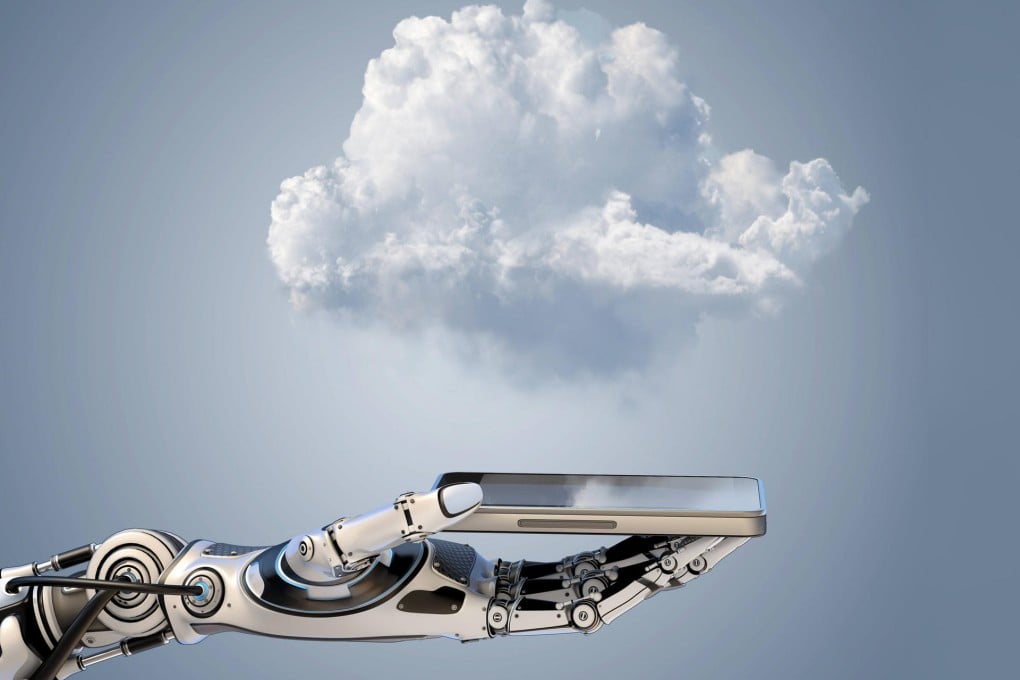The Internet of Things v2.0 is coming, and its implications are huge
A total overhaul of both manufacturing and daily life is on the horizon

A meaningless tech buzzword or an epoch-defining phrase? This year will see the debut of hundreds of novelty appliances claiming to be both smart and part of the much-hyped Internet of Things - such as doorbell apps, water-sprinklers controlled by a smartphone, and even a Bluetooth-connected kettle.
Gadgets remotely operated by smartphones are not the limit of the Internet of Things. It's more about another wave of streamlining to create and expand companies, and even entire industries, that are much more responsive and efficient - and dominated by robotics.
The Internet of Things means everyday objects getting online, connected via the cloud, and talking to each other with anyone getting involved. It usually involves sensors that combine in ever more impressive ways. The first wave is here and includes activity trackers that record your movements and geographical position, baby monitors that measure breathing and skin temperature, and smart Wi-fi light bulbs that can be programmed via a smartphone.
The much more impressive second wave is coming; drive home from work and your car will instruct your home to switch on the air-con and the oven when you're 10 minutes away - only after consulting upcoming traffic conditions.
Largely concerned with automation in ever more complex, but time-saving ways, the Internet of Things is a concept, not a reality. While media attention has been on gadgets and home appliances, the real revolution is going on far away from homes and cars in factories, in power plants, warehouses and in the container ships that ply the oceans and keep global trade going. This is the Industrial Internet of Things.
"The Industrial IoT is about bringing Internet of Things concepts to the manufacturing and operations of industries including discrete manufacturing, process manufacturing, resource industries including oil and gas, mining and agriculture," says Christopher Holmes, head of IDC Insights for Asia-Pacific. "Industrial IoT takes the robots and machine tools that are critical in the manufacturing process and connecting them into a cloud server that is running real-time analytics." The Industrial Internet of Things puts big data to work to create more informed decisions. For example, if everything in a factory is fitted with sensors, from all that data collected and analysed, it's possible to track a piece of equipment, or even a maintenance engineer, as they move about a location. Got a broken machine? The closest engineer can be contacted the second it breaks down, improving response times and reducing downtime, thereby increasing production. It's an easy sell in competitive markets, and it could soon be the norm.